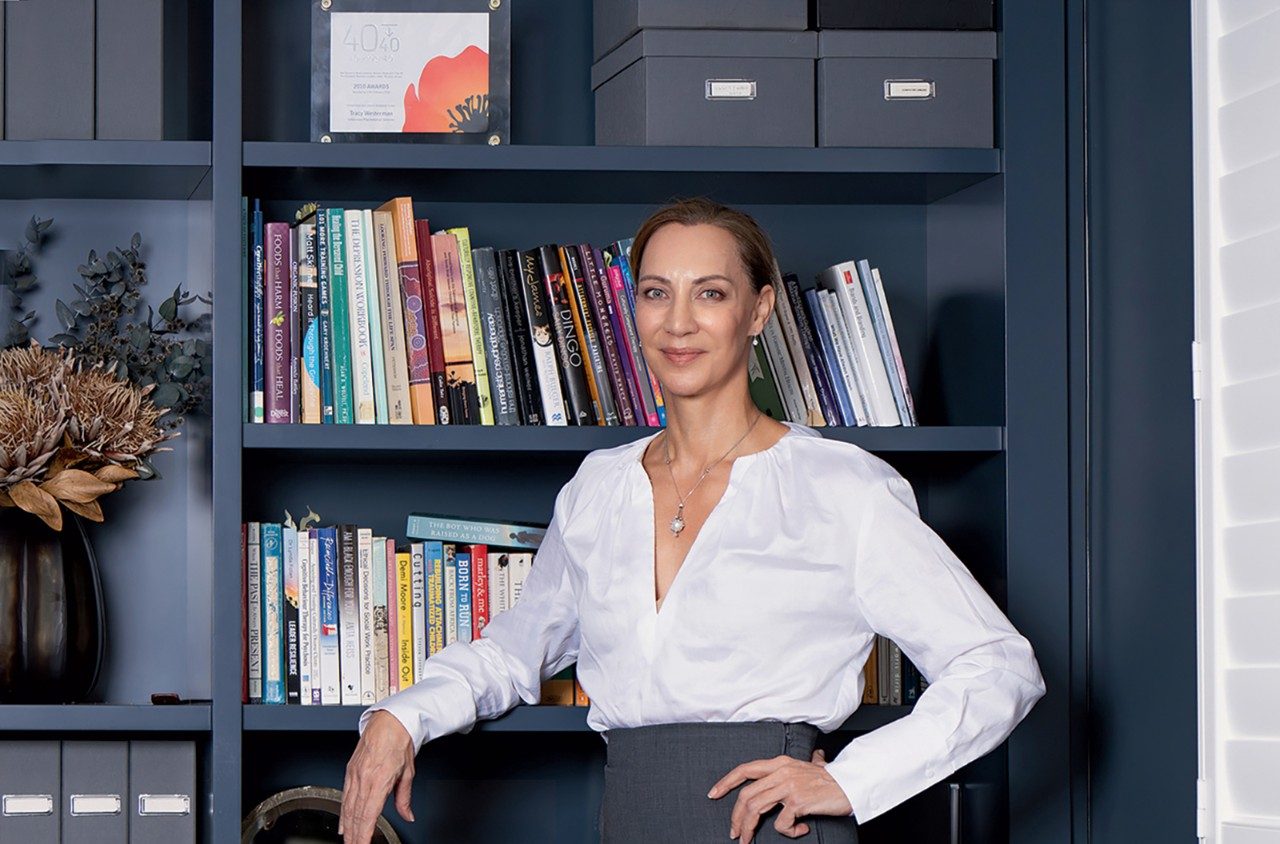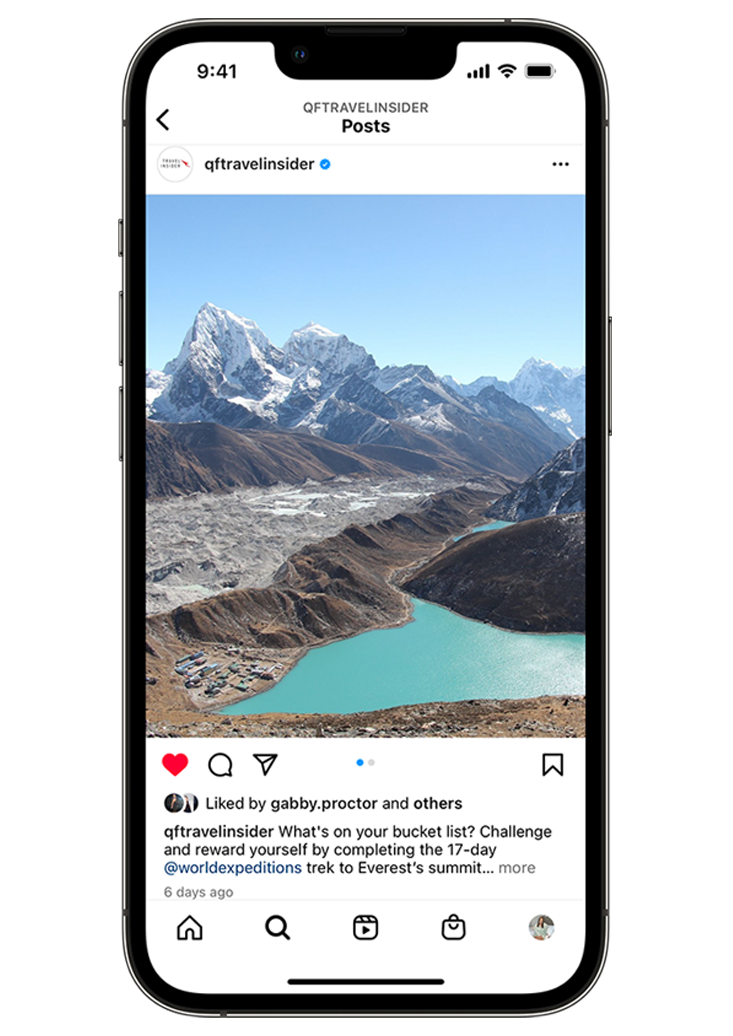5 Minutes With Award-winning Psychologist Dr Tracy Westerman

Psychologist and Nyamal woman Dr Tracy Westerman from Western Australia’s remote Pilbara has become an internationally recognised, multi-award-winning force for change.
My first leadership lessons came from my parents. Mum scrubbed floors for 40 years and my dad worked on stations and mines so his kids could have better opportunities than he did. They taught me that ego is the worst leadership trait because it doesn’t teach you the courage to be wrong; the value of learning from failure; or that success requires many efforts.
My first real wake-up call came five years into my business. I was looking to build its staffing size and capacity to deliver complex psychological services into high-risk Indigenous communities but I didn’t have the maturity. I was in my late 20s and I didn’t become a psychologist to manage people. It’s hard to work on a business as well as in a business – and mine is a niche area – so I let go of the idea and have been a sole practitioner for 20 years. I’m technically good at innovation and generating ideas and I found I could take more risk with those if my turnover wasn’t eaten up paying staff.
The first time I felt out of my depth was when I founded my charity, Jilya [The Westerman Jilya Institute for Indigenous Mental Health], and decided to run a major concert to raise funds for it. I stupidly thought that I could pull off the Aboriginal version of Bob Geldof’s Live Aid. I managed to get a solid line-up of artists and then COVID hit. Planning a major concert with no experience, no money and convincing people to donate their time was pressure like I’d never known. I ended up raising over $300,000 for the scholarship program but lost five kilos from the stress.
The first time I encountered resistance to my leadership was when I developed a unique psychometric test for Aboriginal people at risk as part of my PhD. I was 26 years old and up against an establishment that wanted a one-size-fits-all approach. So I provided irrefutable data and evidence of difference. You shift these big systems by beating them at their own game. I teach my psychology students the value of data in driving big systemic change; because we’re playing generational catch-up in Indigenous psychology.
My first truly proud moment was handing in my PhD. My parents hadn’t gone past primary school and I had to do most of my tertiary entrance subjects by distance education. Being the first Aboriginal person in the country to complete a masters and PhD in clinical psychology was truly a moment.
Defining moment
“Winning the WA Australian of the Year Award in 2018 allowed me to amplify the issue of Indigenous youth suicide to a general audience rather than those already ‘onboard’. When I was invited to deliver a keynote address on the topic at the State Library [of Western Australia], they had so many people attend that the event had to be streamed outside. I felt like I had achieved something important: to get Australians into this conversation.”



